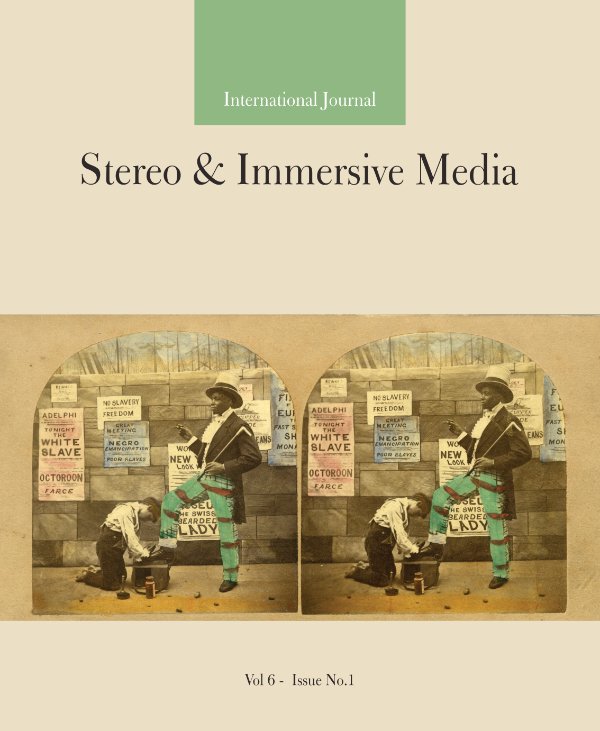Artificial Horizon. Blind Flight in the History of Virtual Reality
Abstract
Histories of virtual reality (VR) usually place its origins in computing. But this can be pushed back even further by considering early experiments in flight, principally in the endeavour to fly by instrument, that took place in the late 1920s and throughout the 1930s. This essay positions blind flight in the history of virtual reality and other immersive media in order to understand what sensory deprivation has to do with proprioception. Deprived of visual and aural senses, pilots were taught to reorient their perception of space using the artificial horizon as their guide. This essay uses the metaphor of the artificial horizon to discuss the relationship between sensory deprivation and sensory overload, both of which disturb the internal process that makes proprioception possible. Applying the method of media archeology places this study among others that have sought to historicise contemporary immersive media in unique ways, often with unexpected outcomes.



